By John Sinton
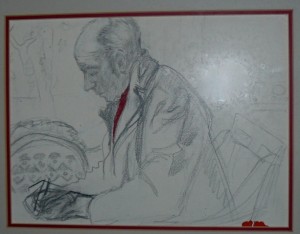
In preparing for a cross-country road trip this summer, I’ll be packing a bunch of books, such as the Federal Writers’ Project state tours from the 1930s, and all along the roadways I’ll be carrying J.B. Jackson in my mind. Jackson, known to his friends as Brinck, was my mother’s close friend and my most important mentor during my middle age.
J.B. Jackson, born in 1909 six months before my mother, died a year before her in 1996. He and my mother met in the 1970s when he was lecturing during spring semester at U.C. Berkeley, and I came to know him through his writings and, in his last two decades, as a friend and counselor.
The details of his life and work reveal the breadth of his skill, education, and experience that informed all his work. Born in France of well-to-do American parents, early education in France and Switzerland, prep school at Deerfield, graduated from Harvard where he was interested in writing and architecture, worked as a journalist for a year, traveled through central Europe on a motorcycle sketching and taking notes in the mid 30s, worked as a ranch hand in the late 30s on his uncle’s New Mexico ranch, enlisted in the US Army in 1940 where he was in intelligence, using his French and German fluency to comb the libraries of Europe and prepare geographic information and maps, he finally returned to the ranch in New Mexico after the war, only to get his leg shattered while horseback riding. By the time he was 30, he had become a skilled artist, writer, historian, linguist, geographer, soldier, and rancher.
He founded and edited the quirky journal Landscape from 1951-1968, a publication highly sought by some of America’s best minds in landscape, geography, photography, and architecture. He is, in fact, the American father of landscape studies. He became a master essayist, and most of his work is collected in his many books. (Horowitz, Helen, ed. 1997. Landscape in Sight: Looking at America.)
Everyone who knew Brinck Jackson or has read his works has a favorite quote. Here is one of mine:
No group sets out to create a landscape, of course. What it sets out to do is to create a community, and the landscape as its visible manifestation is simply the by-product of people working and living, sometimes coming together, sometimes staying apart, but always recognizing their interdependence.
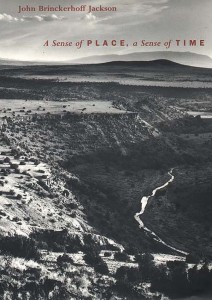
Jackson’s work revels in details from which emerge his landscape analyses. He never ceased honing his writing and sketching skills and always embraced the world surrounding him, skewering his colleagues’ banal comments, while delighting in his friends and especially enjoying a good meal.
His final advice to me, when I was on a Fulbright in Cologne, Germany in 1994-95 was as follows:
On the subject of roads – in Germany – have you ever read W.H. Riehl’s “Die Naturgeschichte des deutsche Volkes (trans: The Natural History of the German People)” It is a fascinating, very romantic study of the German attitudes toward their landscapes: roads, houses, forest, etc – a really pioneering study. His remarks…on the establishment of highways is worth reading, as well as his remarks that German coachmen and postilions preferred bad roads because they gave the drivers a chance to show off their skill and bravery… My copy I stole from the house of Alfred Rosenberg, Hitler’s cultural guru.
I would urge all landscape observers to take along Brinck Jackson this summer. Get to know him as a friendly prod. Let him give you some advice: Develop a sense of yourself by becoming part of the larger world. Read widely and deeply in many fields. Don’t limit yourself. Learn another language and travel in that country. Search voraciously for small details and be circumspect in your quest for proscriptive solutions. Work in a landscape, work with your hands. Become Erasmus’s proverbial fox: Multa novit vulpes, verum echinus unum magnum – The fox knows many things, the hedgehog one big one. So leave your hedgehog behind this summer and cultivate the fox in you.
John Sinton is a retired professor of environmental studies and land-use planning, has spent most of his professional life writing about and working on rivers in the US and Europe. He currently contributes to a number of land preservation projects and co-authored The Connecticut River Boating Guide: Source to Sea with his wife, Wendy Sinton, and Elizabeth Farnsworth. He lives in Florence, MA and is a confirmed river rat and fly fisherman, as well as skier, hiker and biker.
For a biography and bibliography of John Brinckerhoff Jackson, see Paul Groth’s article in the American National Biography Online.
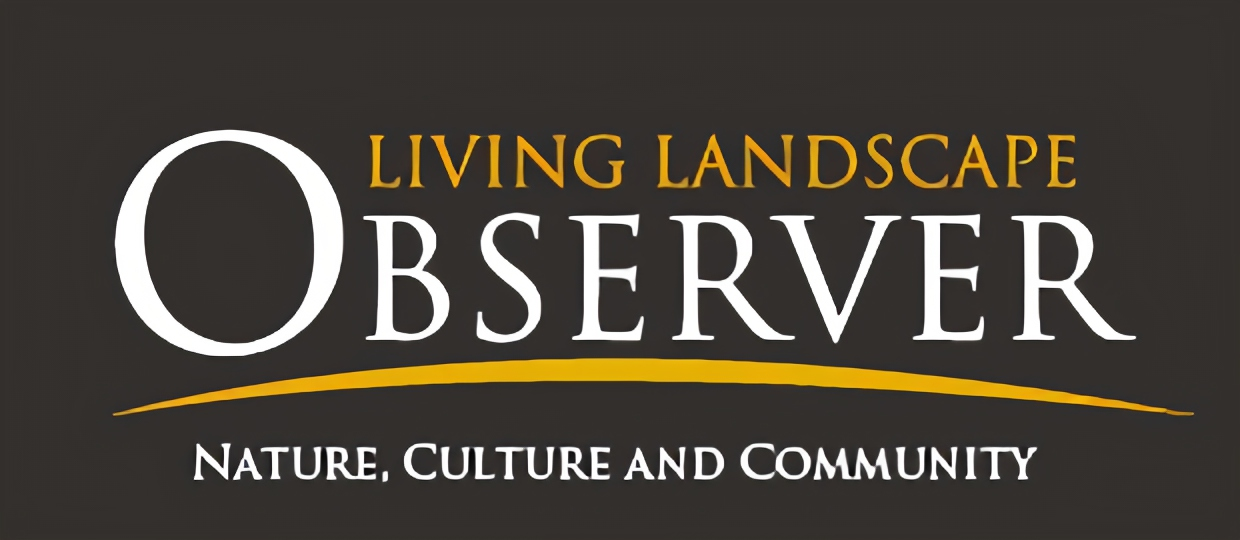
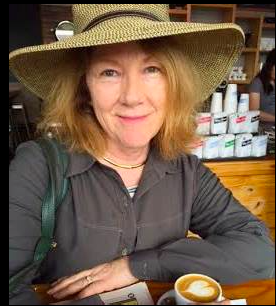
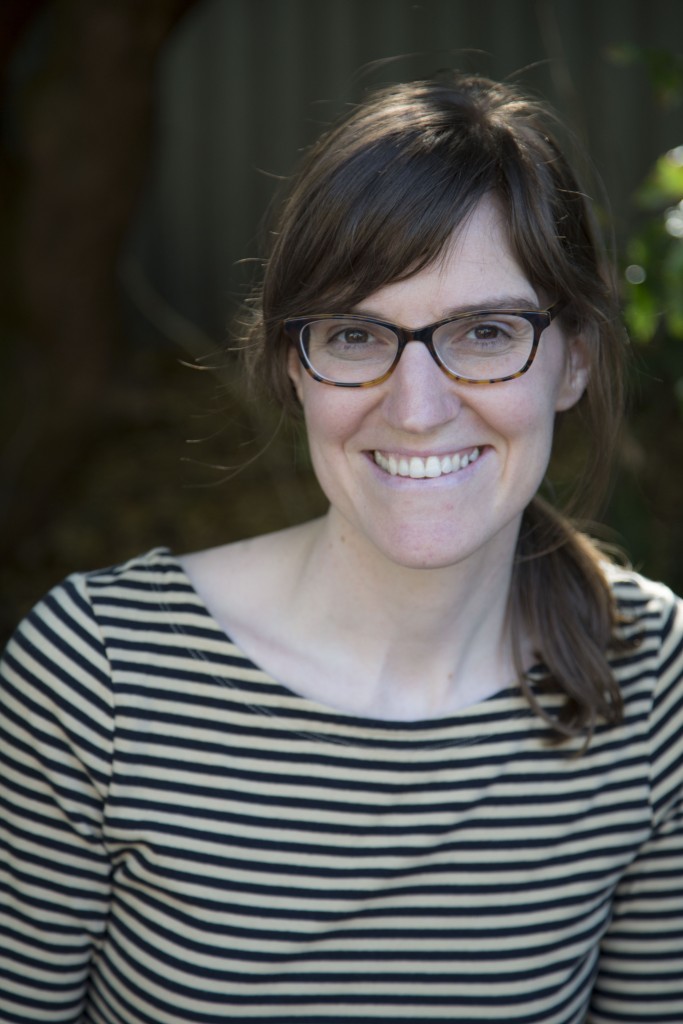
One Response
Best article on JB jackson.. nice work dude…